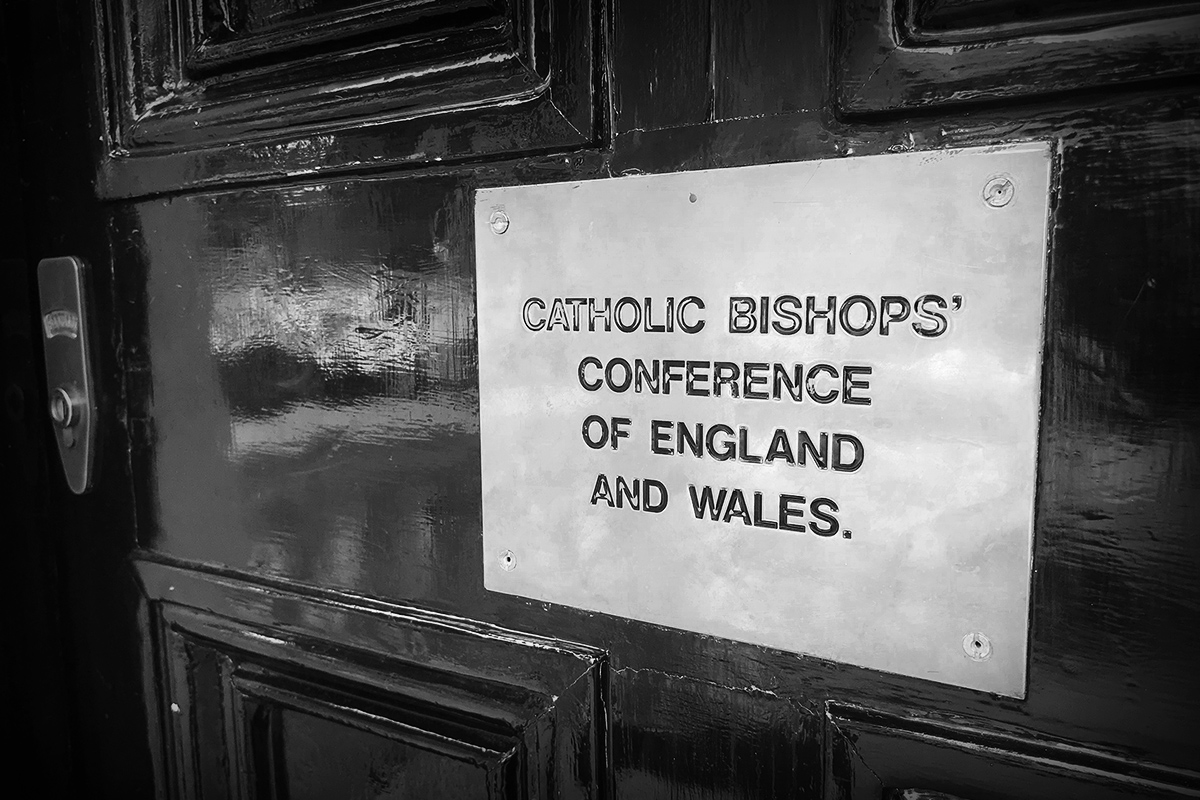
The following article was originally published in The Catholic Universe.
*********
In September, while some three thousand men and women languished on death row in the United States, Pope Francis stood before Congress and called for nothing less than the global abolition of the death penalty.
Speaking plainly, he reminded the lawmakers gathered before him and everyone listening around the world that “every life is sacred, every human person is endowed with an inalienable dignity, and society can only benefit from the rehabilitation of those convicted of crimes.”
The Holy Father’s visit and his historic address came a decade after the US Bishops formally reiterated their position in the seminal document A Culture of Life and the Penalty of Death, which stresses that “the use of the death penalty ought to be abandoned not only for what it does to those who are executed, but for what it does to all of society.”
The Bishops were speaking in the US context but their point is equally applicable to our global society. While no one has been executed in the United Kingdom since 1964, we nevertheless all share a responsibility in furthering the cause of abolition wherever a state uses judicial processes to take the lives of its citizens.
That includes Pakistan, where over two hundred people have been hanged since a moratorium on executions was lifted last year, often despite serious doubts about the fairness of their trials.
It includes Japan, where death-row prisoners are warned of their execution just hours before it takes place and wake every morning in solitary confinement not knowing if this will be their final day.
And it includes Belarus, the last European country to impose death sentences, where three prisoners were shot during 2014 and their families only informed once the men were already dead.
None of these travesties should be treated simply as domestic concerns for the countries involved. Rather they are gross violations of human dignity that undermine the common good and present an affront to our shared humanity.
During recent decades there has been a gradual decrease in executions around the world. However the numbers remain staggering. Over six hundred people are known to have been put to death last year and the actual figure is likely to be far higher. China keeps details secret but experts estimate that it carries out more executions than the rest of the world combined. Other states including Iran and North Korea are also believed to execute many more people than they officially report.
Among the world’s death sentences, those imposed on the basis of a person’s faith, political beliefs or sexuality often strike us as especially iniquitous. Likewise the horrors feel magnified when juveniles or people with learning difficulties are killed. Some methods of execution such as beheading or stoning also tend to draw greater condemnation than others.
Understandable though these distinctions may be they are secondary to the fact that any execution constitutes the ultimate violation of human dignity: whoever is involved, whatever they have done, and however it is carried out. As Catholics we believe in the inherent value of every life and must therefore oppose the death penalty in all its manifestations.
So as we begin this Year of Mercy now is a fitting time to take up the Holy Father’s call, by recommitting ourselves to help end executions everywhere and forever.
In part this must involve holding our own government to account. For a long time the UK has been prominent in driving forward the cause of abolition, but concerns were raised earlier this year when the Foreign Office announced that ending the death penalty will no longer be one of its explicit human rights priorities. By emphasising the importance of this issue to our elected representatives we can ensure it remains on the agenda.
Directly appealing to the authorities of states practising the death penalty or their embassies in the UK can also have tremendous influence. We should never forget that Meriam Ibrahim, the young Sudanese woman sentenced to be hanged for apostasy, was only released from death row after millions of ordinary citizens from around the world called for her freedom.
And we can make a difference by writing to death-row prisoners themselves. Reaching out in this way not only brings some comfort to people in their darkest hours but also demonstrates valuable international awareness of their situation.
Ultimately while the inhumanity of the death penalty transcends all borders, so too can our solidarity with those facing execution and those working to confine it to history. During the last forty years over one hundred countries have taken the historic step of abolition. Let’s seize upon this momentum and strive to build a global society where mercy prevails.
By Bishop Declan Lang, Chair of the Catholic Bishops’ Conference Department for International Affairs.